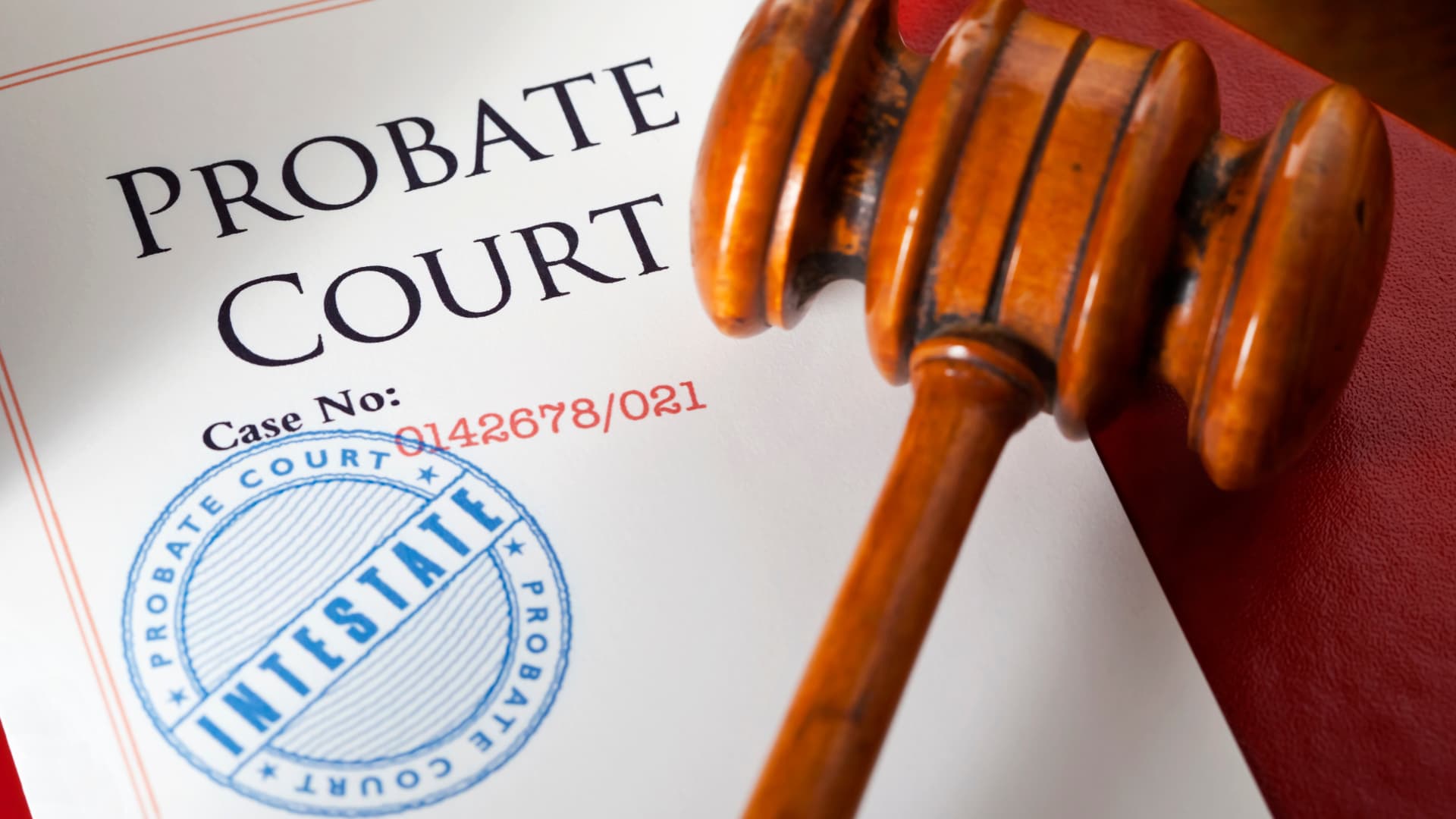Considerations when Planning for Probate Avoidance
An Introduction to Probate Avoidance in Florida
Taking the steps to start an estate plan is crucial to the financial security of your family and the preservation of your assets. However, far too many folks begin the process without a clear picture of their responsibilities or objectives.
Probate avoidance is by far the most common reason for estate planning. While an estate planning attorney would be able to assist with this objective, it is imperative that the client is fully prepared to discuss the various aspects of the planning process.
Being properly prepared prior to meeting with your estate planning attorney will ensure that your estate plan truly avoids probate and achieves your goals.
This means having the necessary documents for review, a strong understanding of your objectives and a clear picture of your specific family’s needs and dynamics will ensure the process is streamlined and accurately reflects your actual wishes.
Important Documentation with Respect to Probate Avoidance
Possessing the pertinent information and documentation during a consultation with your attorney is crucial to a successful planning session. Before meeting with your attorney, it is important to gather all essential documents such as the following:
- Financial Records: This category includes all documents that reflect your assets, liabilities, income and expenses. Examples are bank and other financial institution statements, investment account statements, mortgage documents, deeds for real estate assets, retirement accounts such as IRAs or 401(k) accounts, as well as insurance policies.
- Personal Information and Identification: These documents provide information regarding your family members, beneficiaries or others who may be involved in your estate plan such as an intended trustee or personal representative. Typically, an attorney would require their complete names, dates of birth, addresses and contact information such as telephone numbers and email addresses.
- Legal Documents: It is imperative that your current estate planning attorney is aware of any existing estate planning document that may be in existence, including prior wills, trusts, powers of attorney or advanced healthcare directives. Additionally, it is important to include any legal documents that may impact your estate plan such as asset ownership contracts, prenuptial agreements or business agreements.
- Healthcare Information: In certain circumstances, it will be helpful for the attorney to have an in-depth look into a client’s medical history. However, typically, the attorney would only need to know your healthcare preferences (particularly regarding healthcare fiduciaries and end-of-life care measures) as well as any existing healthcare directives or living wills.
- Debt Information: It may also be helpful for your attorney to be aware of any outstanding debts and obligations such as loans, mortgages and credit cards.
Clarifying Intentions & Objectives
While having your documents is a monumental help to the process, knowing your objectives and intentions is paramount. When determining what is most important to you during and as a result of your estate planning process, it’s important to be able to convey your objectives clearly and concisely to your attorney. The following should be considered:
- Asset Distribution: This tends to be the focus of most estate plans. It involves knowing who, what and when you would like your assets to be distributed upon your passing. It is important to consider which assets should be left to which beneficiaries as well as any limitations and conditions of their inheritance.
- Financial Management: Determining your financial fiduciary in case of incapacitation or death is very important to ensure your estate plan is carried out in accordance with your preferences. Appointed trustees or personal representatives should always be fully entrusted individuals who are capable of carrying out their duties.
- Guardianship: This matter is particularly important for those with minor children. Parents must carefully consider who they would want to care for their children in the case of death or incapacitation. Specific instructions regarding the care and upbringing of the children should be considered.
- Medical Care: Planning for end of live care is extremely important for your loved ones and attending medical professionals. Medical care also includes preferences related to organ donations etc. Prior to speaking with your attorney, you should have some idea of your wishes.
- Charities: Another common matter is to consider when creating your estate plan. Knowing which charities and assets to be devised is imperative.

Family Dynamics in Probate Avoidance
Family structure plays a very significant role in estate planning as a whole and often leads the entire direction of the conversation with an estate planning attorney.
Considering the relationships within a family can mean the difference between a successful estate plan and one that fails to accomplish the intentions of the client. Considering family dynamics include:
- Examining the family structure including spouses, children, stepchildren or other relatives that may be accounted for in the estate plan. Also considering whether the family is blended or has unique circumstances is very helpful when discussing intentions with an attorney.
- If certain family members have special needs or disabilities, planning for their care and financial support will be an important component of the estate plan.
- It is also important to discuss estranged relationships with the estate planning attorney. These relationships must be appropriately addressed to ensure that assets are not transferred to such individuals unintentionally.
- Similarly, identifying conflicts of interest or tensions amongst family members that may affect the terms of an estate plan is important. Examples may be disagreements over inheritances, sibling rivalries, etc.
Specific Questions to Ask your Attorney
- Strategies: After learning about the specifics of your intentions and circumstances, it is important to discuss legal strategies and tools recommended to achieve your objectives.
- Tax Planning: While not all estate planning attorneys provide tax advice, most have an understanding of basic tax implications that should be discussed. Discussing matters such as minimizing taxes while maximizing the value of the estate is very important.
- Asset Protection: Another important discussion would be asset protection measures that may be taken to protect property and assets from creditors or lawsuits.
- Probate Avoidance: This topic is quite possibly the most common reason for establishing an estate plan. Discussing how to structure a plan to avoid probate and ensure a smooth and seamless transfer of assets to beneficiaries should be primary.
- Maintenance of Plan: It is also important to discuss the need for ongoing maintenance of the plan. Most attorneys will agree that any significant life event will prompt the need for updating the plan.

Conclusions on Planning for Probate Avoidance
Meeting with an estate planning attorney is the first step toward creating a comprehensive and effective estate plan.
By considering the essential factors listed above, you will not only make the most of your meeting with your attorney, but you will be on track to ensure that your intended objectives are achieved.
It is important to take the time to reflect on your wishes and truly examine your needs and circumstances prior to meeting with your attorney.
To learn more about our estate planning process, contact us here.
Welcome to ASR
Welcome to ASR Law Firm! If you’re seeking a welcoming, friendly, and proactive team to help you with your transactional legal matter, I would be honored to speak with you. Let’s schedule a virtual consultation today!






